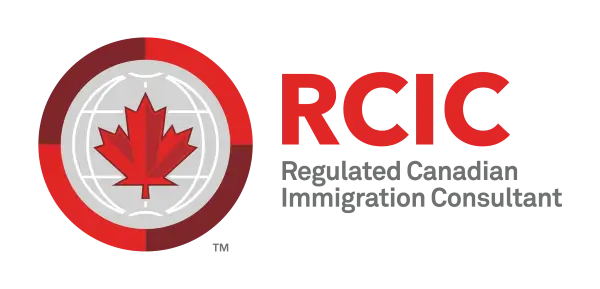What Is Credential Evaluation and Why Is It Important?
Credential evaluation, also known as academic credential assessment, involves comparing your degrees (e.g., high school diploma, bachelor’s, or master’s) earned outside Canada to the country’s educational standards. It’s a critical step for securing employment, pursuing further studies, or obtaining professional licensure in fields like medicine or engineering.
This process validates your qualifications, making them legible and credible to Canadian employers, universities, and regulatory bodies.
Who Needs Credential Evaluation?
- Job Seekers: If you’re aiming for a job related to your education, employers may require an evaluated credential.
- Students: Some Canadian universities demand prior credentials be assessed for admission.
- Professionals in Regulated Fields: Occupations like nursing, teaching, or engineering often require this evaluation for licensing.
Understanding whether your goals necessitate credential evaluation is the first step to integrating into Canada’s workforce or academic landscape.
Steps to Evaluate Your Credentials
- Choose an Organization:
Select a reputable assessment agency based on your purpose. Popular options include:- WES (World Education Services): Widely used for jobs and education.
- ICAS (International Credential Assessment Service): Common for immigration and studies.
- Professional Bodies: Such as engineering or medical associations for regulated professions.
- Gather Documents:
Prepare your academic credentials (officially translated), transcripts, and identity documents (e.g., passport). - Submit Your Application:
Send your documents online or by mail to the chosen organization and pay the required fee (typically CAD 100–300). - Assessment Process:
The organization reviews your credentials and issues a report detailing their Canadian equivalent. - Receive Results:
Expect your report within 4–8 weeks, though delays can occur depending on complexity or volume.
Costs and Processing Time
- Cost: Ranges from CAD 100 to 500, depending on the agency and document complexity.
- Time: Takes a few weeks to several months; complete documentation speeds things up.
Planning ahead for these expenses and timelines is crucial for a smooth transition to Canada.
Key Tips for Credential Evaluation
- Official Translations: Documents must be translated into English or French by a certified translator.
- Original Documents: Some agencies require notarized copies or originals.
- Start Early: Begin the process before immigrating, as it can be time-consuming.
- Seek Guidance: Consult an immigration advisor if unsure about the right organization.
Following these tips ensures a hassle-free evaluation experience.
Challenges to Anticipate
- System Differences: Your credential might not fully align with Canadian standards, potentially receiving a lower equivalency.
- Extra Costs: Lost documents or re-verification may incur additional fees.
- Time Delays: Regulated professions might require exams or additional courses, extending the process.
Being prepared for these hurdles can save you time and frustration.
Conclusion
Credential evaluation is a vital step for immigrants aiming to succeed in Canada, whether for work or further education. By preparing your documents and patiently navigating the process, you can maximize the value of your education and build a new life in Canada. If immigration is on your horizon, start now—get your credentials ready and take the first step toward your Canadian journey!







